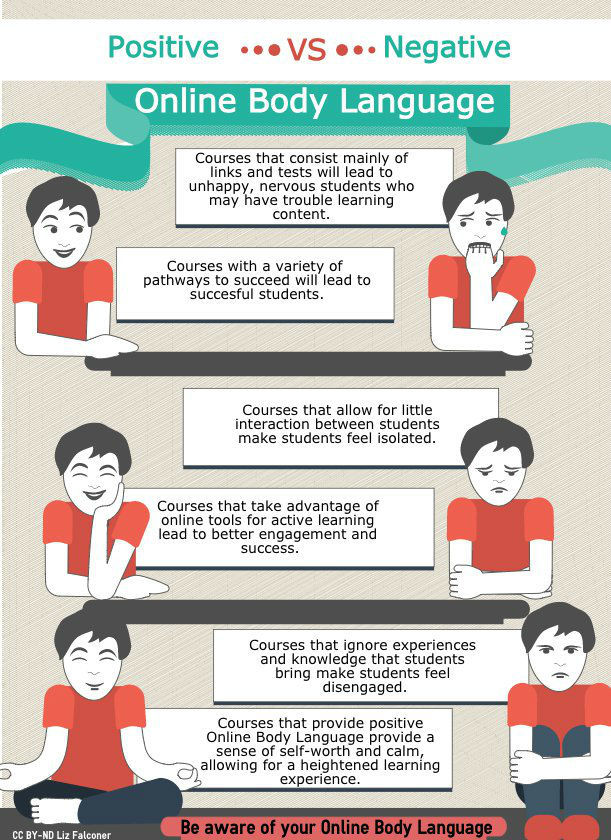How To Win Reluctant Online Learners Over And Increase Course Sign-Ups
Some corporate learners jump at every chance to broaden their skills and improve work performance. Then there are others who avoid online training at any expense. However, there are some corporate eLearning challenges that make virtually everyone reluctant to enroll in the online training course. Even the go-getters who seem to always have more badges, points, or certifications than their co-workers. Here are 7 surprising reasons that turn your employees into reluctant online learners who think twice about signing up for your corporate eLearning course.
7 Reasons Why Online Training Course Sign-Ups Are Low
1. Negative Past Experiences
We’ve all sat through at least one online training course that almost made us swear off training altogether. Maybe the online instructor rambled on for half an hour without even acknowledging the audience. Or the online training activities were so dry and dull that we nodded off more than once. These negative past experiences may be the very reason why your modern learners are avoiding online training.
So, give them a sneak peek and stress the benefits to show them that your online training course doesn’t fall into that category. First and foremost, if the negative past experience involves one of your online training courses, find out where things went wrong. How can you improve on the existing eLearning course design, and what was missing from the training experience?
2. Pre-Conceived Notions Of What The Online Training Involves
Many employees already think they know what’s going to happen. Or which activities to expect from your online training course. They are not thrilled about it, so they turn into reluctant online learners. Basically, they’re judging your online training based on pre-conceived notions and assumptions. You can transform their perspective by including some surprising elements in the summary of your online training course and internal eLearning course marketing materials. Such as mentioning the fact that it features VR simulations or serious games.
3. They Don’t See Themselves As Being ‘Tech-Savvy’
Not everyone considers themselves to be tech-savvy, even though we live in the digital era. Thus, they may not sign up because they’re afraid of feeling out of place or falling behind. You can remedy this by offering them online training tutorials that impart self-confidence. Such as video demos on how to access the platform or sign up for online training courses using the catalog. Peer-coaching is another great way to make less-than tech-savvy employees feel right at home in the online training environment.
4. Emotional Constraints
Some people simply aren’t in a good headspace when it’s time to train. Reluctant online learners might be dealing with stress at home or a pessimistic outlook on life. You must consider these internal online training distractors and create a supportive, safe environment for them to develop their skills. For example, invite them to attend live online training events where they can get a feel for the corporate eLearning culture/community. Or social media groups where they’re able to discuss their reservations with peers and improve their mood.
5. Fear Of Failure
There are those who have a genuine fear of failure. Maybe they’re under the assumption that peers will judge them for their shortcomings. Or that they’ll be singled-out by online instructors for not living up to expectations. As such, they don’t even bother to sign up for the online training course. The key is to make reluctant online learners aware of the opportunity they're missing and cultivate a nurturing corporate eLearning culture.
Your employees should know that mistakes are merely chances to improve and that no one is going to criticize their performance. Or make them feel less-than. Everyone is in the same boat, and they always have the option to use online support resources to bridge personal gaps. Personal anecdotes and examples also help them understand that nobody’s perfect and that it’s okay to struggle from time to time.
6. They Don’t Want To Compete Against Their Peers
One of the common misconceptions about online training is that it’s a battlefield. Some employees feel like they must continually outdo their peers and prove they’re the best. This is exacerbated by gamification strategies that place too much emphasis on competition. For example, leaderboards that pit co-workers against each other to the point that they become arch enemies rather than sources of support.
The most effective way to do away with this obstacle is to find incentives that align with employees’ needs and preferences. Introverted corporate learners may prefer badges or points that don’t require them to engage in friendly competition. While others gravitate toward level-based strategies that allow them to test their mastery autonomously.
7. They Simply Don’t See The Point
Employees have to complete mandatory online training. However, optional online training courses that involve sign-ups are a different story. They may need some convincing to click on that enroll button and fully engage with the online training content. The trouble is…reluctant online learners just don’t see the point of trying. It’s not so much a lack of motivation, but purpose.
For this reason, you must emphasize why the online training course is essential and how it will benefit their work lives. Possibly even their personal lives. Be sure to incorporate real-world activities to illustrate the point. For instance, online training simulations that show them how the skill they’ve just learned will improve their work practices and productivity. Or how approaching the task differently allows them to speed up the sales process and increase customer satisfaction.
Conclusion
These are 7 reasons why reluctant online learners hesitate to sign up. However, reluctance varies based on the individual. Which is why it’s best to survey and assess your employees to identify their main sticking points. Delve into why they don’t seize every training opportunity so that you can personalize the online training content and offer the right incentives.
Is your online training connecting with corporate learners or could they use a little more show and little less tell? Find an eLearning content provider who can help you boost remote engagement and facilitate real world experience.








